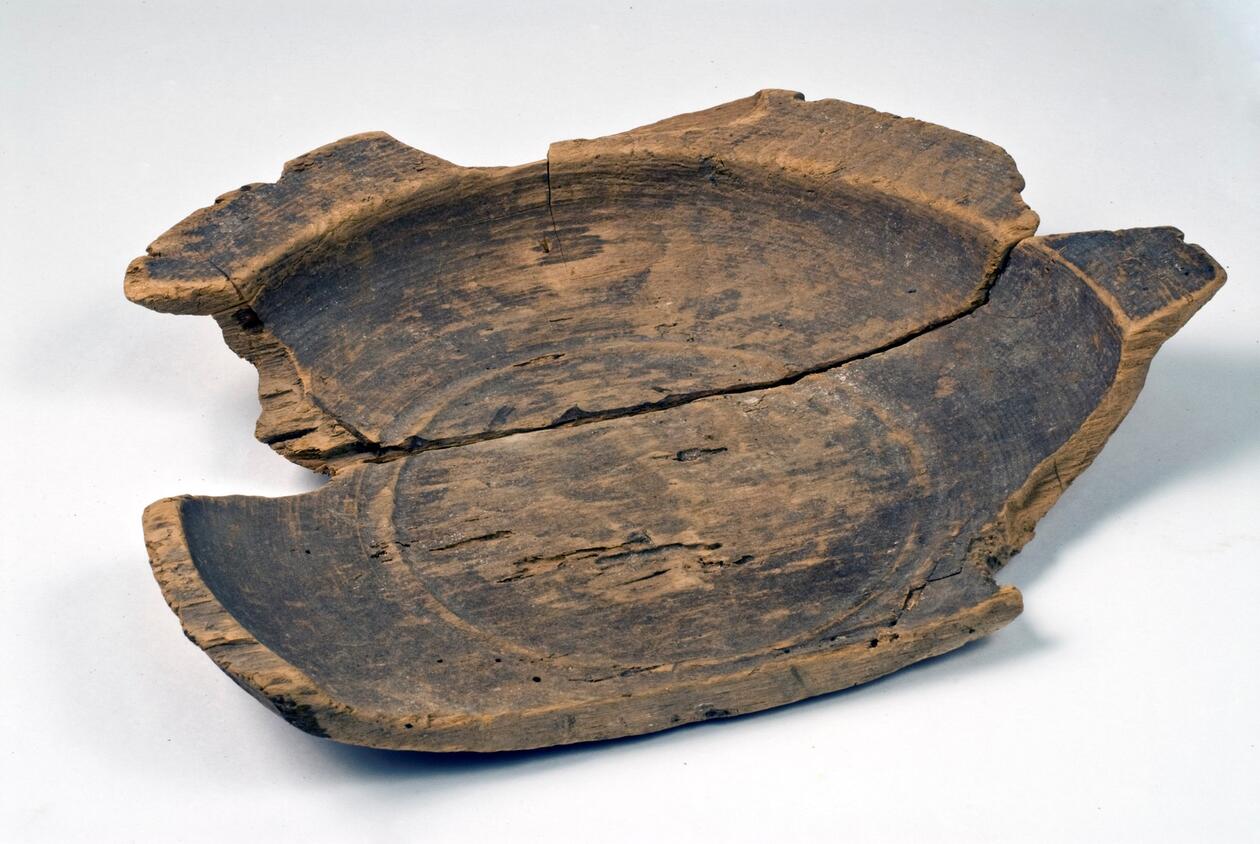They will strengthen research and education using digital technology
Five projects from four different faculties will receive funding to digital transformation in research and education.

Main content
In February 2022, a call was sent out to all UiB faculties for funding to projects related to digitalization in research and education. The funds are a 3 mill. gift given to UiB from Unifob to strengthen the scope of research and education on questions and opportunities related to digitalization (e.g. algorithms, artificial intelligence, machine learning, big data).
The call emphasized that the funds would be awarded to projects aimed at upgrading a field of research or study program, in line with the international development. This could either be related to the academic content itself, or to digital tools used in the research or study area.
Seven proposals were submitted to the Department for Research and Innovation by the May 1st deadline. The proposals are now reviewed by a committee from the UiB AI Steering Group, and the decision is finalized by the University Leadership.
Five of the seven projects were awarded funding to projects that will contribute to strengthening digitalization in academia at UiB.
Will use AI to visually recognize archaeological finds
One of the awarded projects are «Developing an AI tool to visually recognize archaeological finds» at the Department of Archaeology, History, Cultural Studies, and Religion. Visa Immonen is leading the project that will use visual recognition to analyze and classify wooden objects. According to the PI, this will open for the use of quantitative methods on archeological finds, and thus reveal new vital information about past human behavior and interaction with the environment.
Challenges Zuckerberg
At the Department of Information Science and Media Studies they will initiate a project aimed at providing TV Production students with the skills to engage with and create work within the Metaverse. The backdrop of this project is partly Mark Zuckerberg renaming his company ‘Meta’, and by this staking a territorial claim on the «Metaverse» - a sort of virtual parallel universe. According to Richard Misek, who is leading this project, it is imperative to challenge the possible monopoly of Zuckerberg and contribute to the development of the Metaverse as an inclusive and democratic space with a variety of creators and developers.
Virtual pharmacology
The pharmacology education at the Faculty of Medicine too has a project involving virtual reality. The objective of the project being to develop a fully virtual educational package in pharmacology. Professor Silje Skrede, together with assistant professors Jon Andsnes Berg and Trond Trætteberg Serkland, explains that by using virtual and augmented reality, the students will be able to see the interplay between pharmaceuticals and the body, up close. They will be able to see the effects and side effects of different treatments, and the consequences of different choices.
Digital field data
Two projects at the Faculty of Mathematics and Natural Sciences have been awarded with funding. One of these projects is led by professor Berit Oline Hjelstuen. They will use new digital tools in both research and education at the Department of Earth Science. The department will receive funding to buy and run drones and working stations for mapping, collecting, process and analyze digital field data. – These tools will contribute to develop a future oriented digital education, Hjelstuen points out.
The digital University
The call have been coordinated by UiB AI - a platform to coordinate, promote and make visible research, education and innovation initiatives in artificial intelligence at the University of Bergen, and to facilitate for collaboration and contact both between faculties of UiB and with partners and collaborators outside of UiB. Still, the call has not been limited to artificial intelligence
Deputy rector Pinar Heggernes chairs the UiB AI Steering Group. She is pleased with the projects that are now being funded.
- These are five totally different projects from four different faculties. All of which will contribute to strengthen their disciplines in a very exiting way. I think they are great examples of how the challenges and opportunities of digitalization are relevant across the whole university, Heggernes states.

